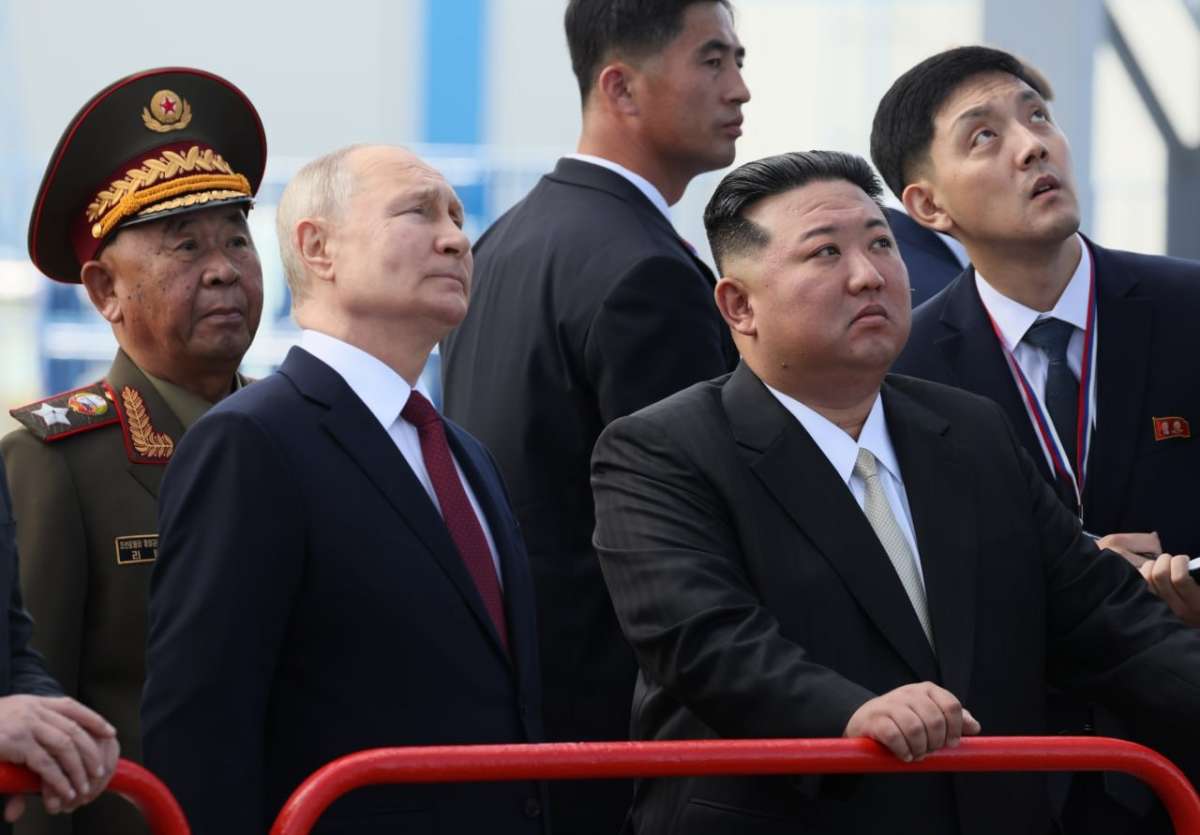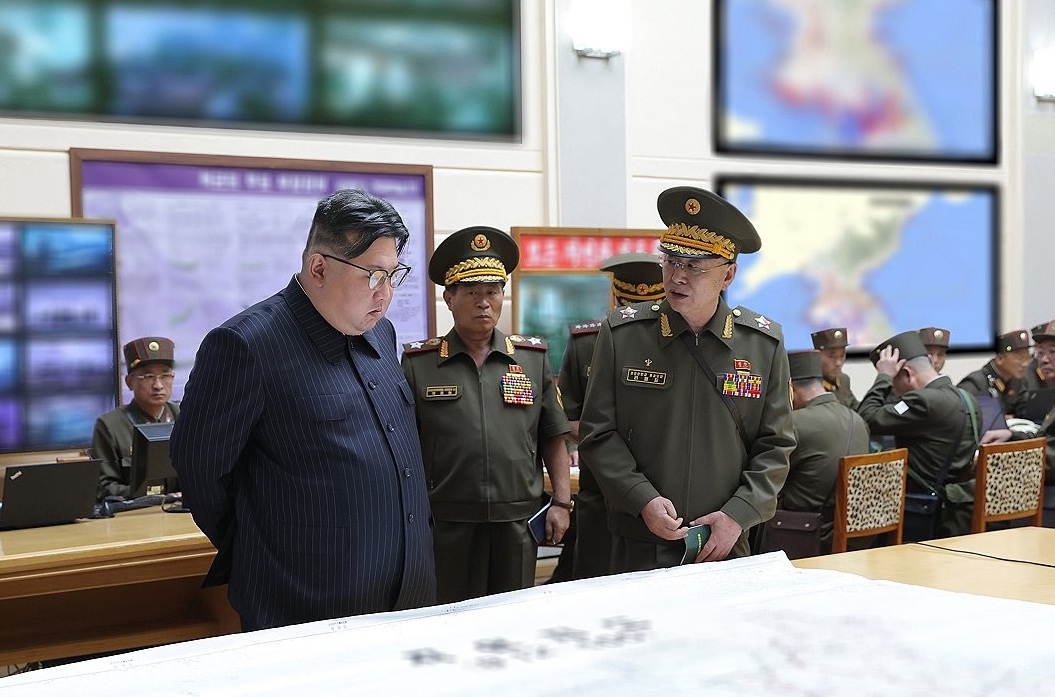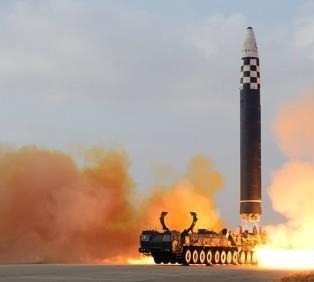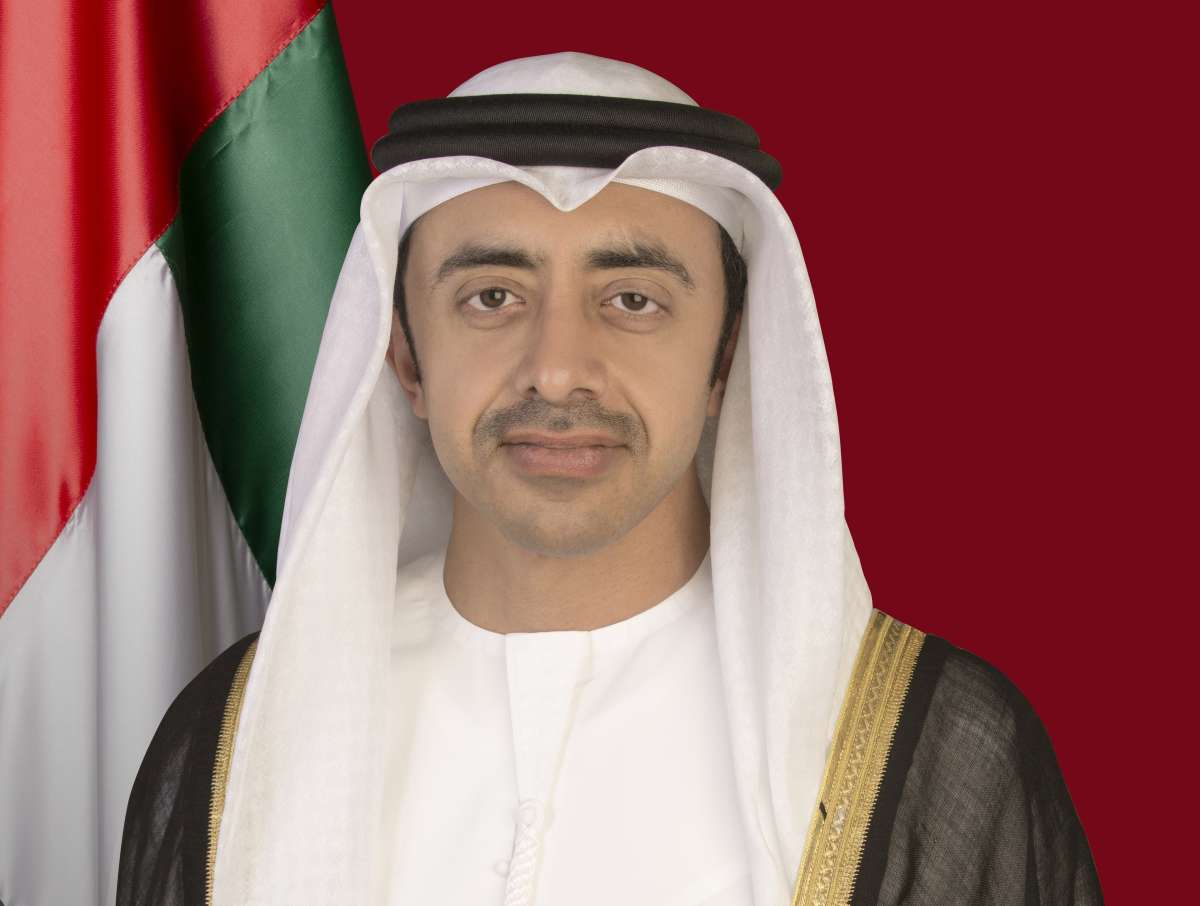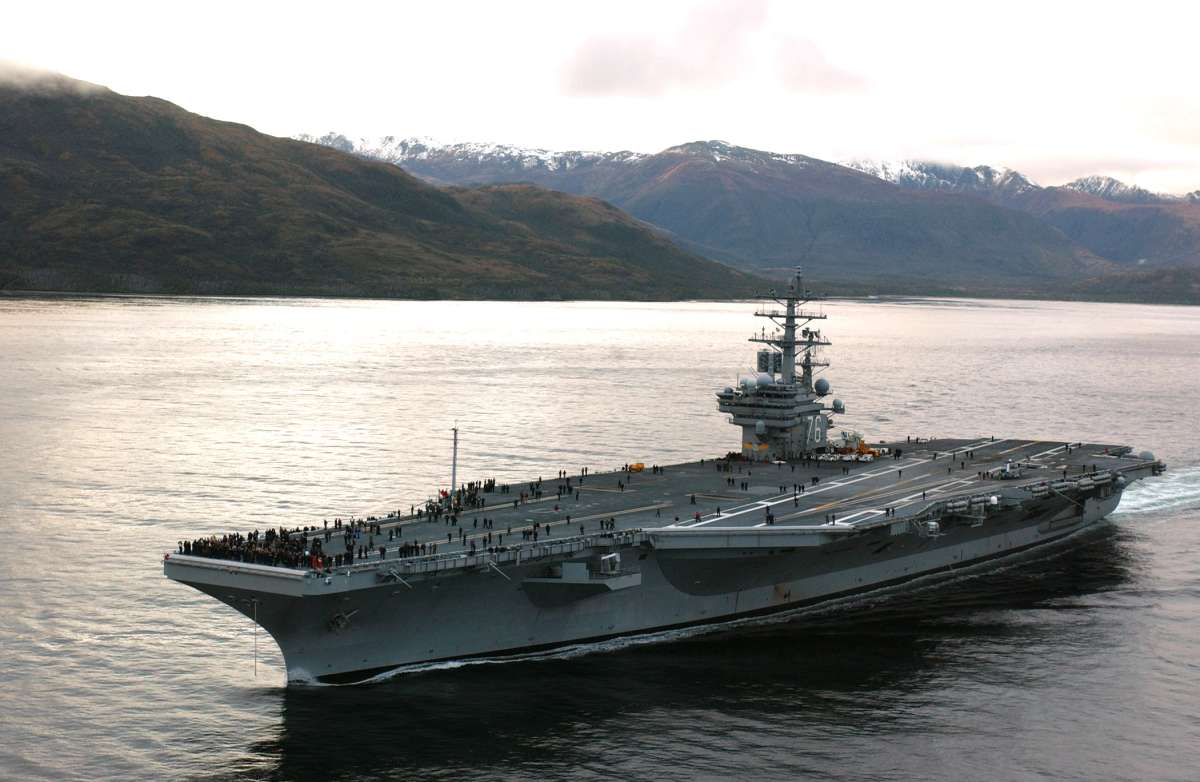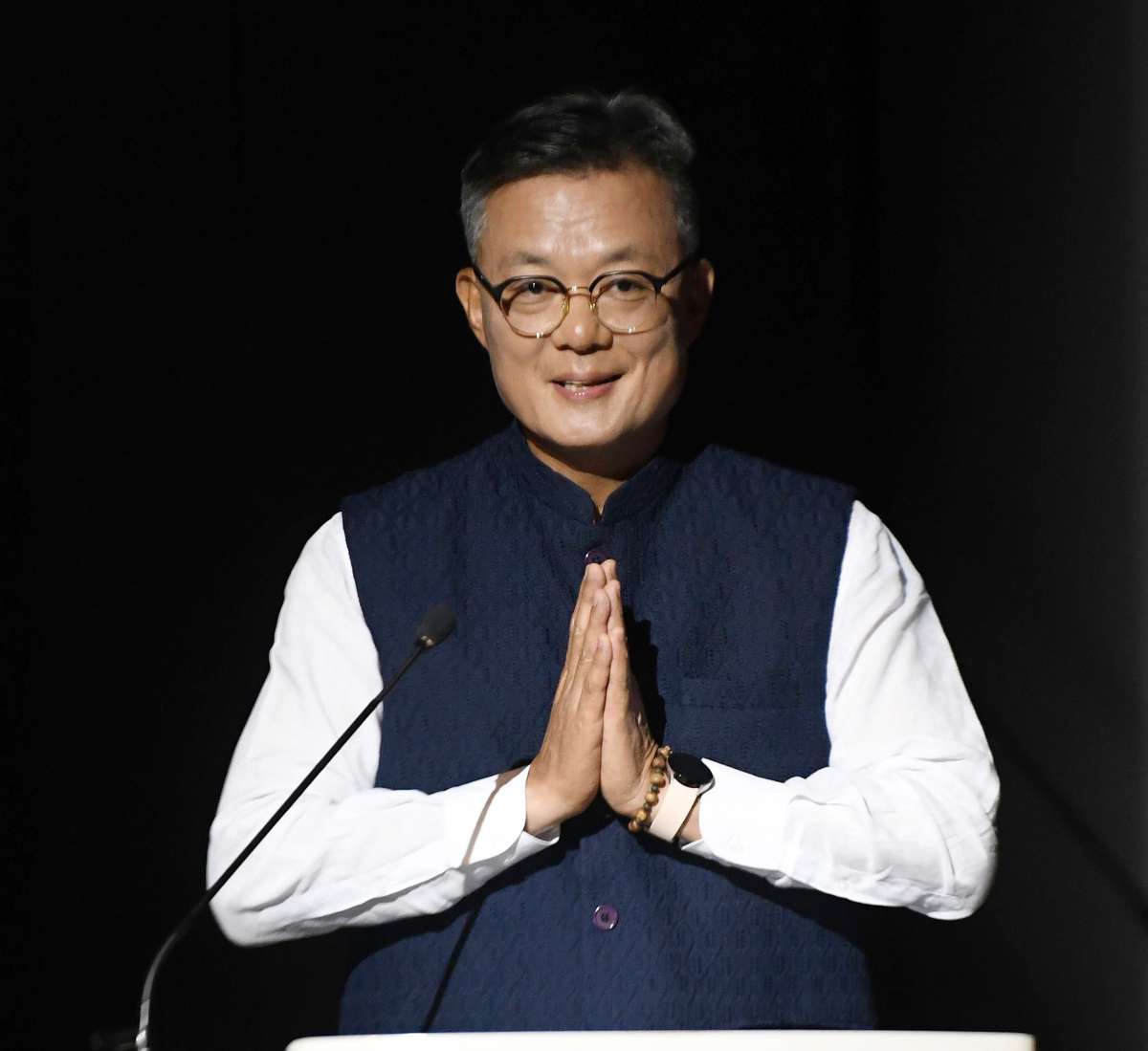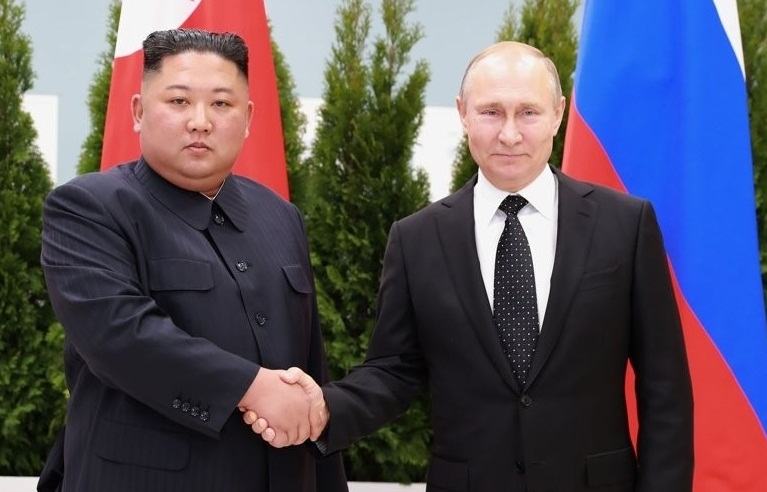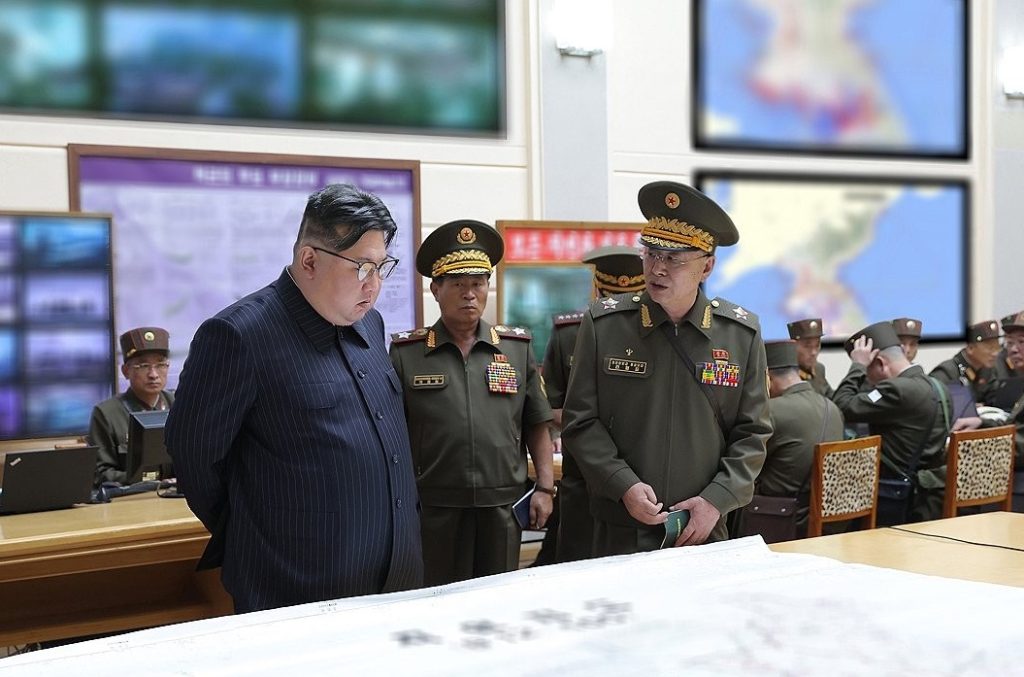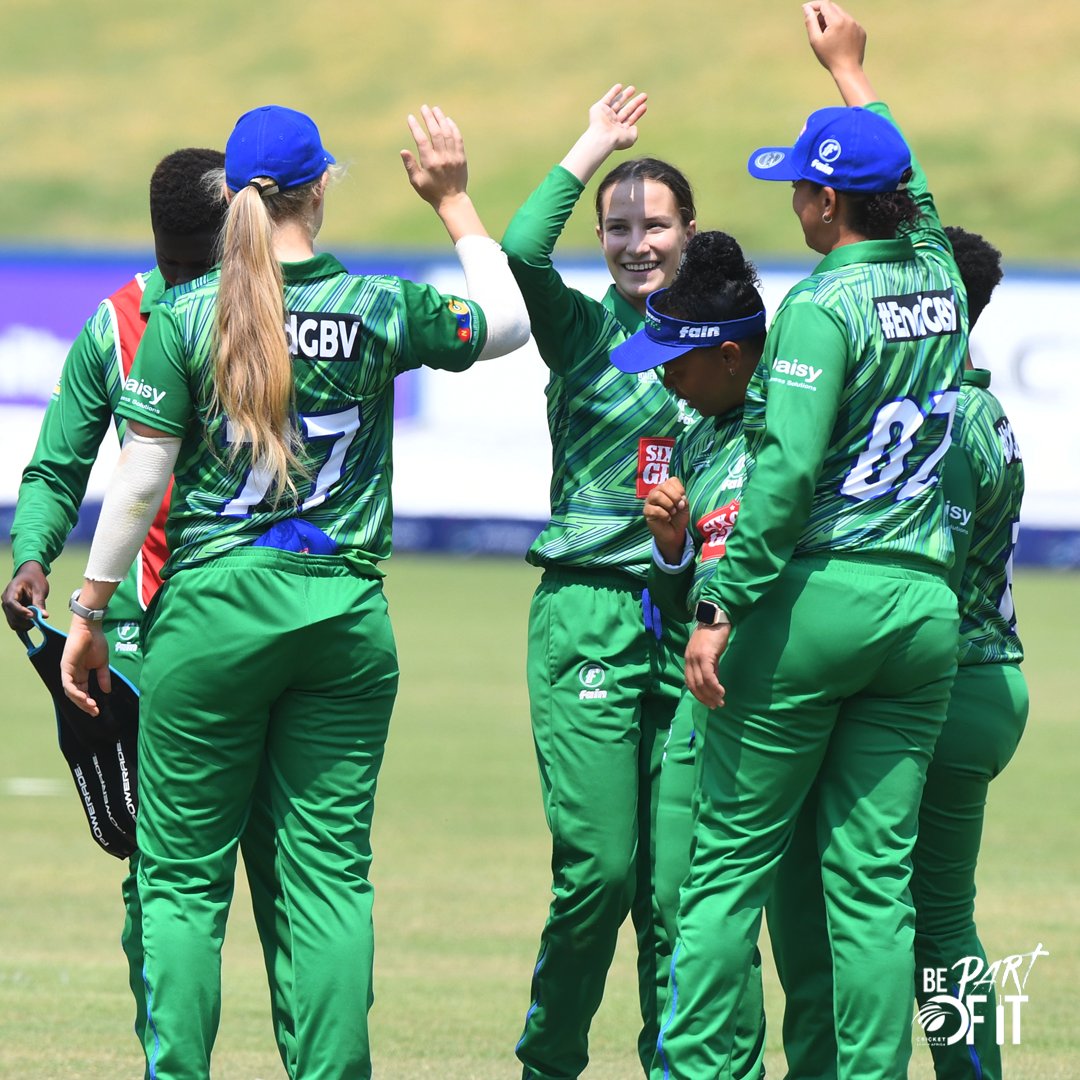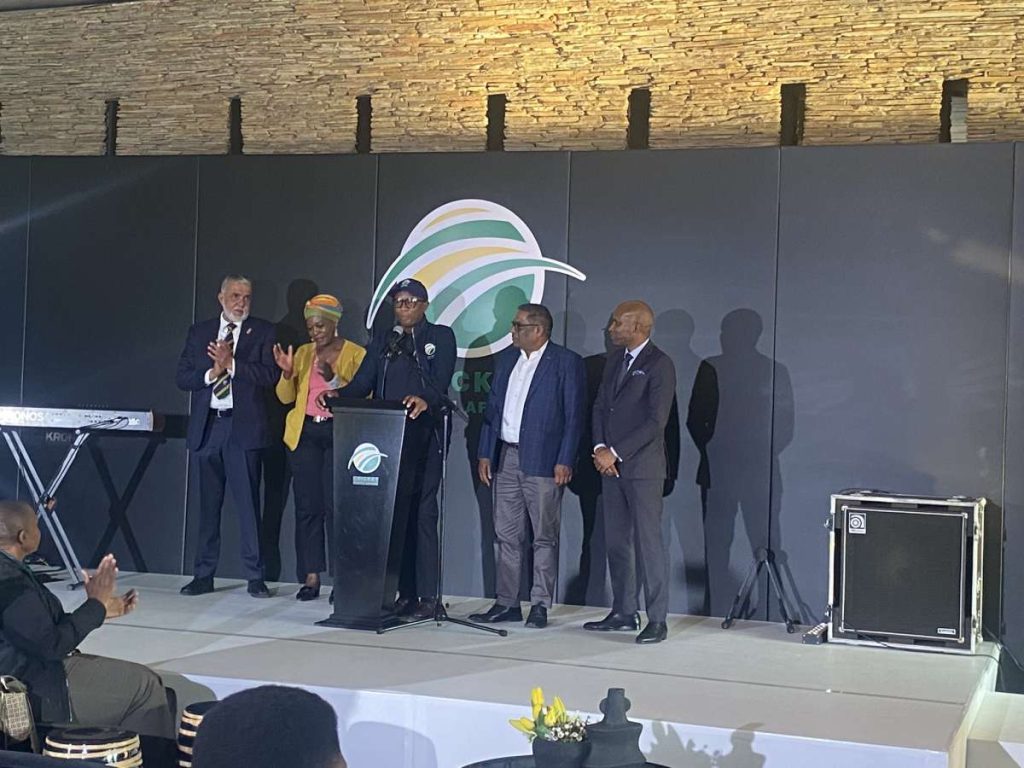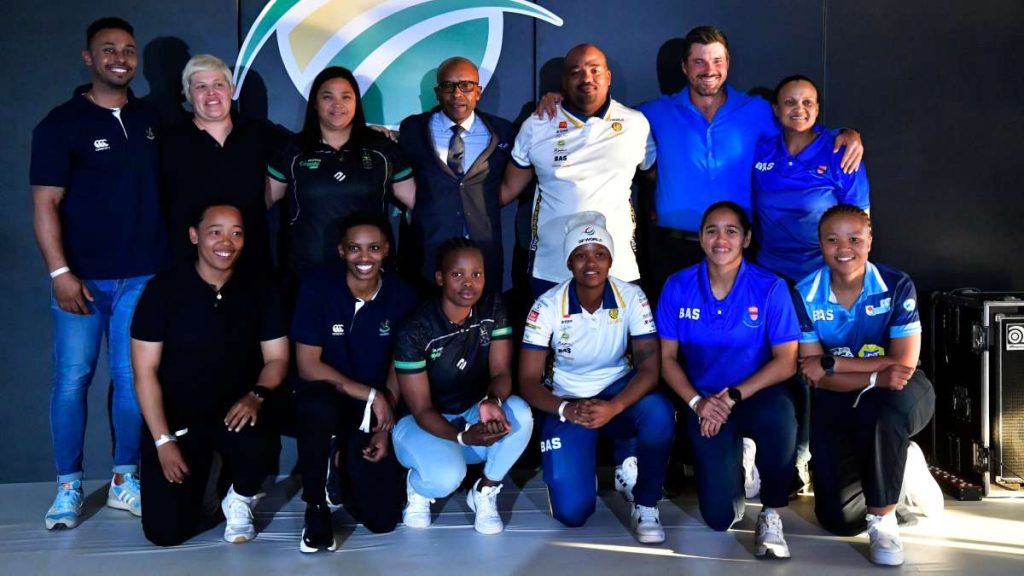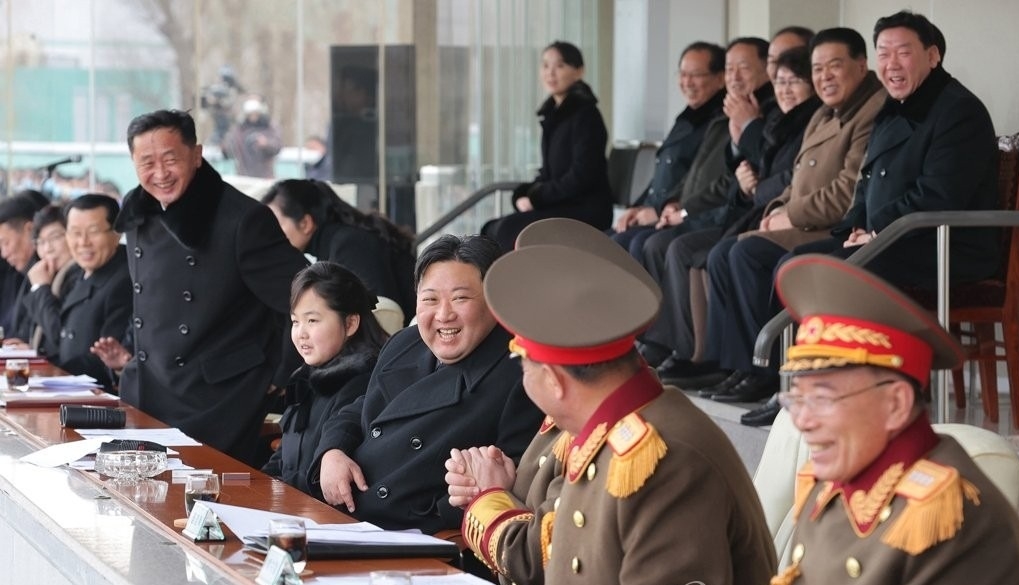The White House has revealed that the North provided Russia with military equipment, munitions and ballistic missiles, some of which were fired at Ukrainian targets on December 30, January 2 and January 6.
South Korean Foreign Minister Cho Tae-yul has expressed concerns over growing military cooperation between North Korea and Russia, saying it could potentially help Pyongyang’s ability to “threaten security on the Korean Peninsula and beyond”.
Cho made the remarks on Friday during a UN Security Council (UNSC) briefing on the Ukraine issue at UN headquarters in New York on the eve of the second anniversary of Russia’s invasion of Ukraine, Yonhap news agency reported.
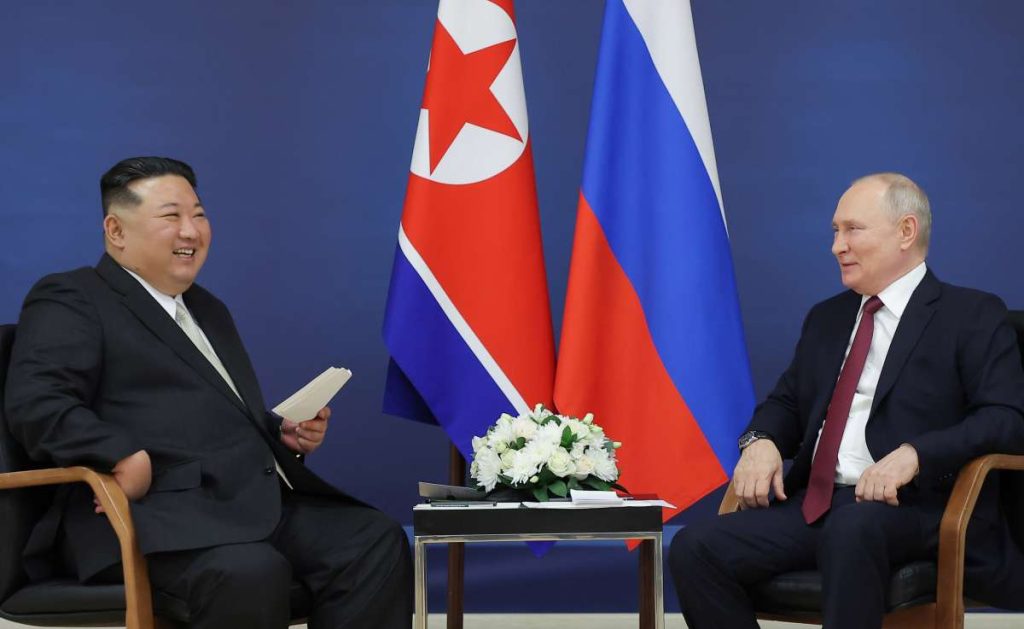
“If and when it turns out to be the case that North Korea receives in return, whether advanced military technology or oil shipments exceeding limits under Security Council resolutions, this would redound to North Korea’s ability to threaten security on the Korean Peninsula and beyond,” he said.
“Both dimensions of this nexus constitute unequivocal violations of multiple UNSC resolutions and undermine the global non-proliferation regime,” he added.
The White House has revealed that the North provided Russia with military equipment, munitions and ballistic missiles, some of which were fired at Ukrainian targets on December 30, January 2 and January 6.
In return for the arms provision, Pyongyang has been seeking military assistance from Russia, “including fighter aircraft, surface-to-air missiles, armoured vehicles, ballistic missile production equipment or materials, and other advanced technologies”, according to US officials.
“My government is deeply troubled by the emerging military cooperation between Russia and North Korea,” Cho said. “North Korean munitions and missiles have been sighted in Ukraine, which not only aggravates the human suffering but also risks further escalating and prolonging the war in Ukraine.”
Noting the UNSC’s “inherent shortcomings and current constraints”, Cho said it is imperative for the council to devise “effective strategies to navigate these complexities to fulfil its fundamental duty of maintaining international peace and security”.
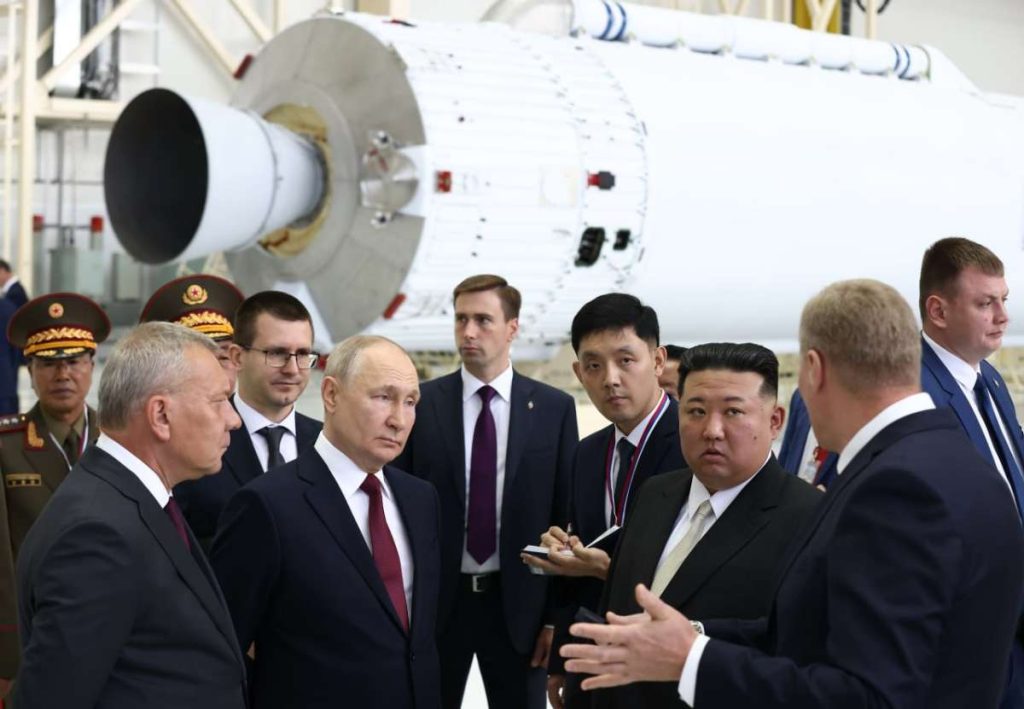
“I wish to reaffirm Korea’s commitment as a member of the Security Council to actively contribute to realizing this goal,” he said.
Cho also highlighted that as a country that also experienced war in the 1950s, Korea knows “all too well what it means to suffer from military aggression”.
“Korea firmly believes that aggression must not go unanswered,” he said. “As a nation — all too familiar with the agonizing consequences of armed conflict, Korea has a profound sense of empathy with the plight of the Ukrainian people.”
ALSO READ: Russia Hit By 500 New Sanctions From US Over Navalny, Ukraine

